“Hakbah” Cooperative Financial Event Run by Women to Face the Crises in Yemen
Khabar Khair (Only Good News) – Dr. Noha Nasser
“Hakbah” is a word that Yemenis keep in mind, as it is present in every home as a deferred or due amount. “Hakbah” is a kind of cooperative economic event carried out by women, where a sum of money is regularly deposited with a group of women, and this sum is collected by one woman called in the dialect (Al- hakabah).
At the end of the time limit, the collected amount shall be delivered respectively to all the contributors to the Hakbah. This activity was common among housewives, but it expanded to include a large segment of women in various institutions and service departments, especially the governmental ones.
Specific Terms about Hakbah
There are terms circulated by the participants exclusively about Hakbah, and these terms are used to facilitate the process of communication among the participants, and the most prominent of these terms are the following:
Al-Hakkabah: She is the one who announces the Hakbah and chooses the participants from the surroundings that she knows. Al-Hakkabah, Umm Salem, tells “Khabar Khair” (Only Good News) website: “The benefit that accrues to me when announcing the Hakbah is that I get the first payment from the Hakbah, and I also choose the women who will participate with me in it, as I know, and by virtue of my dealings with them, that they will be committed to paying the monthly installment on time”.
Introducing the hakbah: It means to inform about the hakbah, and the announcement is often linked to the same group that participated in previous hakbahs.
Draw: It is the method followed by the Hakkabah to choose the order of each participant, and it is all about luck and through the draw, each participant knows her specific number and the time of receiving it, and among them are those who get the second, third, and fourth payment according to the draw that they all attended.
Umm Salem adds, “It is possible to make one promise over another after the selection is made by draw. In many cases, women come to agreement within each other and determine who is entitled to the payment, according to the need and with the consent of the participants”. Al-Hakkabah Mona agrees with her, and believes that Al-Hakkabah cannot make one payment over another because the draw is in front of the participants, and the holder of the specified payment is the one who has the right to cooperate and give her number and the other lady will come before her, provided that she takes her turn in the payment”.
Payment: or premium is the exact amount that is paid at the end of each month for Al-hakkabah.
The right of preservation: Al-Hakkabah, Maha, defines it as “preserving the hakbah from loss, so that the amount is in a safe place, and as a result of the hardship of the hakbah in collecting and preserving the amount, as it takes from each hakkabah an amount of 1,000 Yemeni riyals in return for its effort in keeping the amount, and following up on the participants”. This amount is relative and not fixed among the Hakkabat, as they differ in terms of their acceptance and rejection of the amount of preservation.
Types of hakbah
Hakbah is divided into types that vary according to the specific time period that is monthly, annual, and every two years.
Regarding this, the hakkabah, Maha, says to “Khabar Khair” (Only Good News) website, “There is a daily, weekly, and every ten days, and this type of hakbah is determined by small amounts of 500, 1,000, or 2,000 riyals, and the daily wage earners, including bus owners, or qat sellers and others usually participate in it”.
Maha adds, “With regard to the amounts specified in the monthly and annual hakbah, the amounts are set at 10, 20, 25, or 50 thousand, and the amount obtained is one million Yemeni riyals. For example, the hakbah, which lasts for two years, in which the premium amount reaches 25,000 Yemeni riyals per month, and distributed among twenty people, the sum of which is collected is one million Yemeni riyals”.
In the midst of the Yemeni families’ search for solutions to face the difficult economic situation and the crises they are experiencing; a number of families found the solution in the Hakbah of discussion.
It is a fund supervised by a member of the household, so that everyone in the family participates by placing an amount of money in the fund, and this amount is only used in emergency cases.
The Trade-Off between the Loan and Hakbah System
A number of female participants in hakbah spoke about their preference for hakbah over taking a loan from the bank. Fatima Muhammed confirms that the loan from the bank is not suitable for her, as it is conditioned on great interests of up to 30% of the value of the amount, while hakbah is based on the amounts collected from the participants, and no benefit is imposed on them.
On her part, Nada Ali (one of the participants in the cooperative system) says, “Hakbah is easier, safer, and considers the circumstances and does not need guarantees. Just as the payment in hakbah, if it is large, can be shared by more than one person, and when the payment is delivered, it is divided among them”.
And she adds, “We are the ones who manage it and control it. In the event of a joint failure or a circumstance that passes, we can address solutions and suggest alternative, and this matter does not cause loss or risk, unlike banks or financial institutions that lend you money, and the debtor turns into a captive who may be forced to sell his property from repayment of the bank loan and its interest”.
Umm Salem agrees with her, and asserts that whoever fails to pay the installments of hakbah, or who decides to suddenly withdraw from it and wants to recover what she previously paid, the Hakkabah has the right to delay the amount she paid until the end of the hakbah as a disciplinary measure for her, except in the event that the hakkabah considers that the participant who withdrew is experiencing force majeure, so she gives her the amount in advance in appreciation of her circumstances”.
The group that works the most in the cooperative financial system (hakbah) is the middle-income families, as they always need hakbah in order to pay school and university fees, or in order to repair homes, and to pay the costs of marriage, and some of them use the amount obtained to travel, either for treatment or for Hajj and Umrah.
Who’s involved in hakbah?
Hakbah is usually restricted to women, as they are the housekeepers, and they can determine the aspects of spending on it and then they can adjust the budget and set a specific amount to be paid regularly in the hakbah.
Umm Salem says, “There are no male hakkab. Women are more disciplined than men, and they have an obligation towards this matter. Hakbah needs flexibility in dealing with subscribers, reminding them of the installments and following them up, preserving the amount and not disposing of it, and this matter is not commensurate with the man who can’t bear that pressure”.
Umm Salem added, “Under these circumstances, we refuse to include men in the Hakbah, because we know that a man may fail to pay upon receiving his salary, because of his spending in qat, or his obligations as a family head, and from the nature of men procrastinating when paying, thus hakbah requires commitment, the matter which may cause me trouble, with the one who will receive fully her payment. Nevertheless, we may accept the admission of a man in the group, provided that there is someone who guarantees him from the same group that is involved in hakbah”.
Hakbah: Interest-free loans
A person’s participation in Hakbah is considered the guarantee that this persom needs to borrow from the bank, and this is a developed cooperative financial system from the perspective of Yemeni families in Aden and is very easy for everyone.
Umm Salem explains this by saying, “If a woman participates in the hakbah with two payments, then the hakkabah does not deliver the amount of the two payments at the same time, but she delivers her only one promise. This woman may be in a rush or going through a crisis and needs the two payments fully, so she has no choice but to borrow the amount specified in the second payment, provided that the lender communicates with the hakkabah and makes sure that the borrower is participating with her in the hakbah and has a due payment, and after agreement with the owner of the payment, the hakkabah delivers its fixed payment at a certain time to the lender who lent her the money”.
In the past, there was no specific condition for the participants in the hakbah, and anyone could enter it regardless of their workplace, but now, as a result of the current situation, hakbah has become defined among female employees in the same facility, especially schools, universities, departments and others, thus the hakabah doesn’t accept retired people or military because their salaries are delayed, but it is possible for them to be accepted with the guarantee of one of the contributors who is involved in hakbah in the same facility, according to what Umm Salem confirmed, the matter that Umm Muhammad sees as unfair and prejudicial regarding her because she needs the hakbah, but because she is retired, she is not allowed to participate, unless one of the contributors guarantees her as she points out that the issue of delaying the pension has nothing to do with it.
Hakbah Facing the Crises and Diseases
Before the remittances existed, the hakbah was handed over, but now, in order to facilitate communication, the hakba installments are transferred through the exchange shops, and Umm Salem believes that this saved the participants the trouble of coming to her home to receive the hakbah amount.
She added, “During the conflict that took place in Yemen, we were able to continue to pay the installments, and the displacement was not an obstacle. We used to transfer our salaries into installments, and each one received the salary of the other in the area to which she was displaced and took it as a hakbah payment, and our communication and transfers were through the money changers”.
In fact, hakbah is a social solidarity created by society among its members in critical times in the absence of institutions and in a time of need.
Umm Salem concluded her speech to “Khabar Khair” (Only Good News) website, with certainty that social solidarity in some of its forms would not have been achieved without the presence of the hakbah. She says, “A teacher was diagnosed with a terminal illness, and she had to travel for treatment outside the country. The staff at the school only took part in hakbah, and collected for her an amount that enabled her to pay the value of the tickets, and the amount was handed over without telling her about its source, and a similar amount was sent to her to help her pay the costs of the treatment by making another hakbah”.
The economic conditions in the country made the hakbah a cooperative system that contributes to solving the financial crises facing middle-income families. As the hakbah has become a primary basis for people to adopt as a fixed insurance that indirectly protects the family from exposure to financial crises associated with private and public events that require the availability of money, payment of various installments and other necessary needs that cannot be covered by the monthly salary.
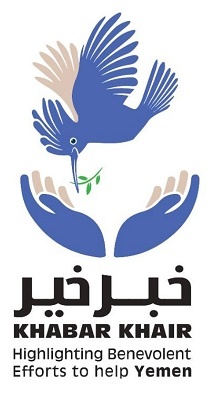

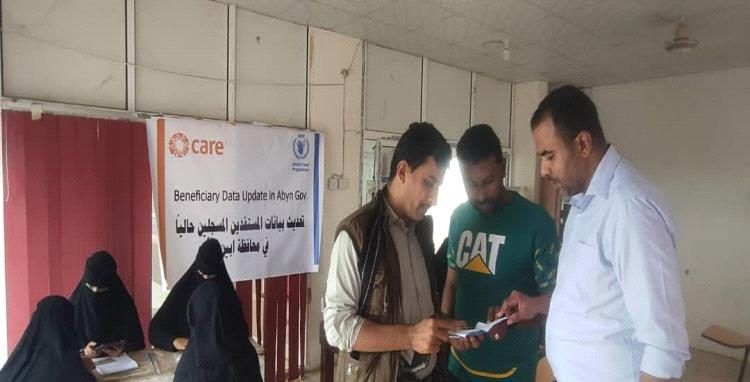
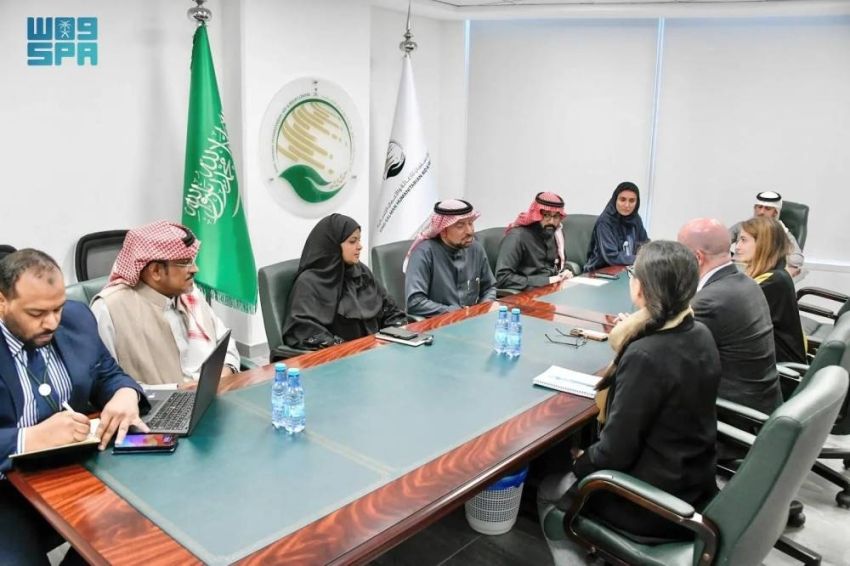
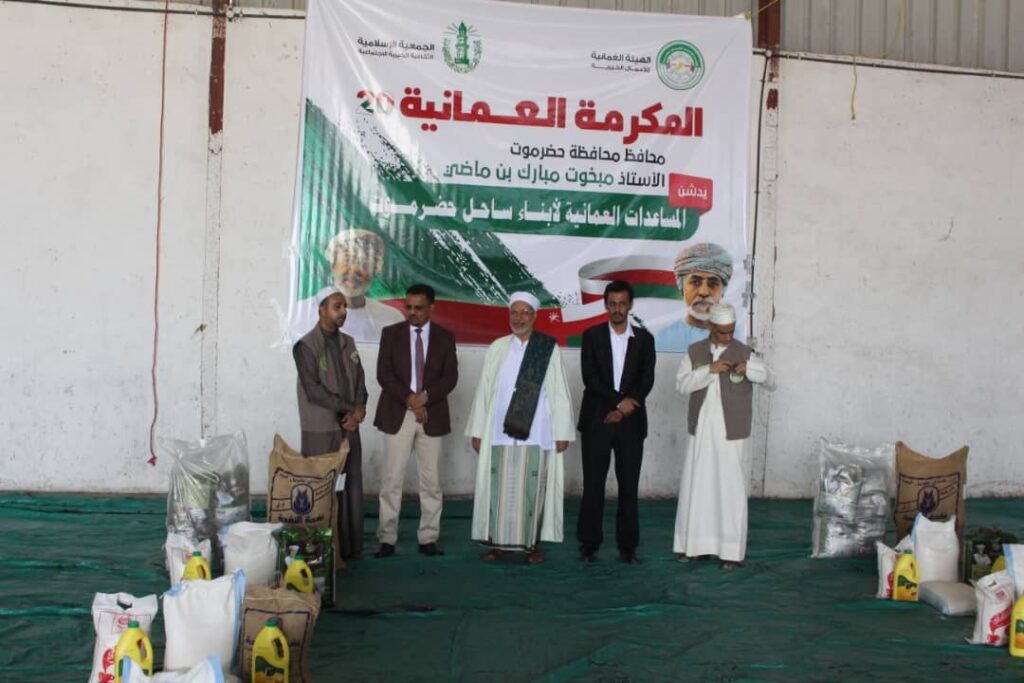
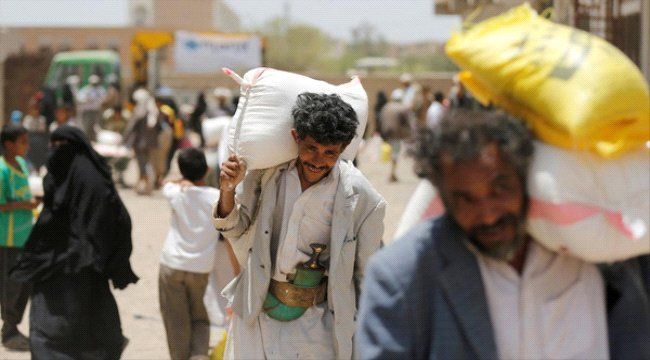
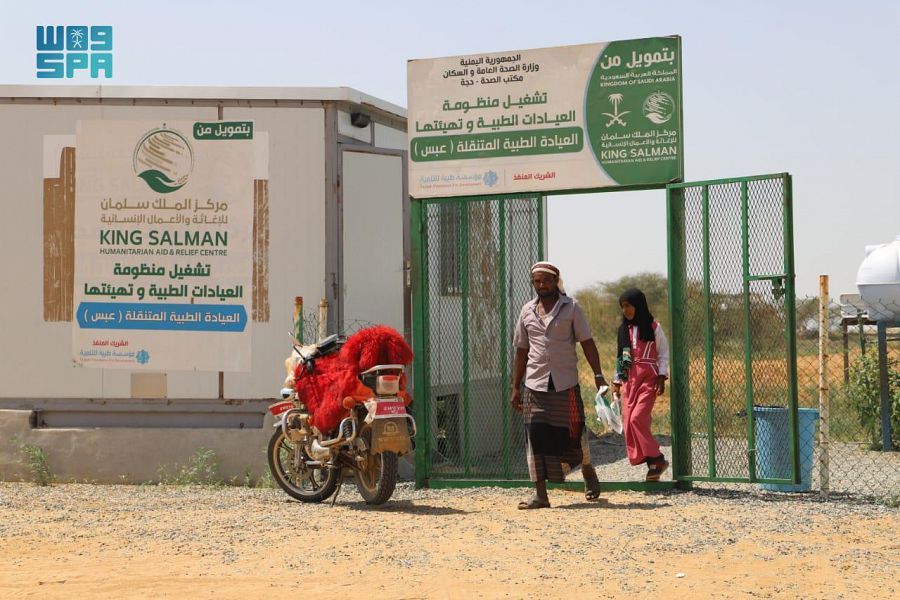
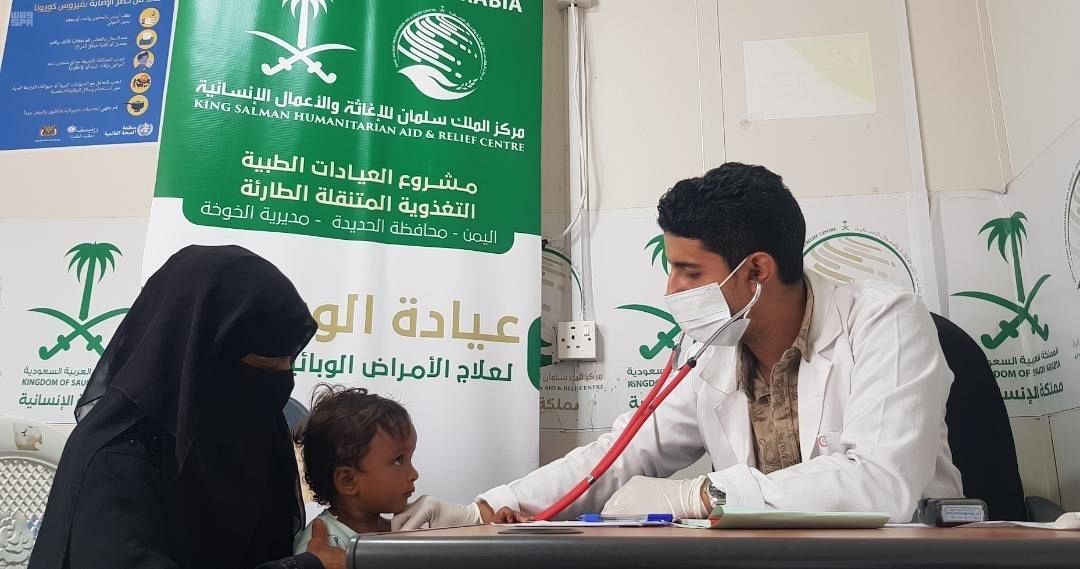



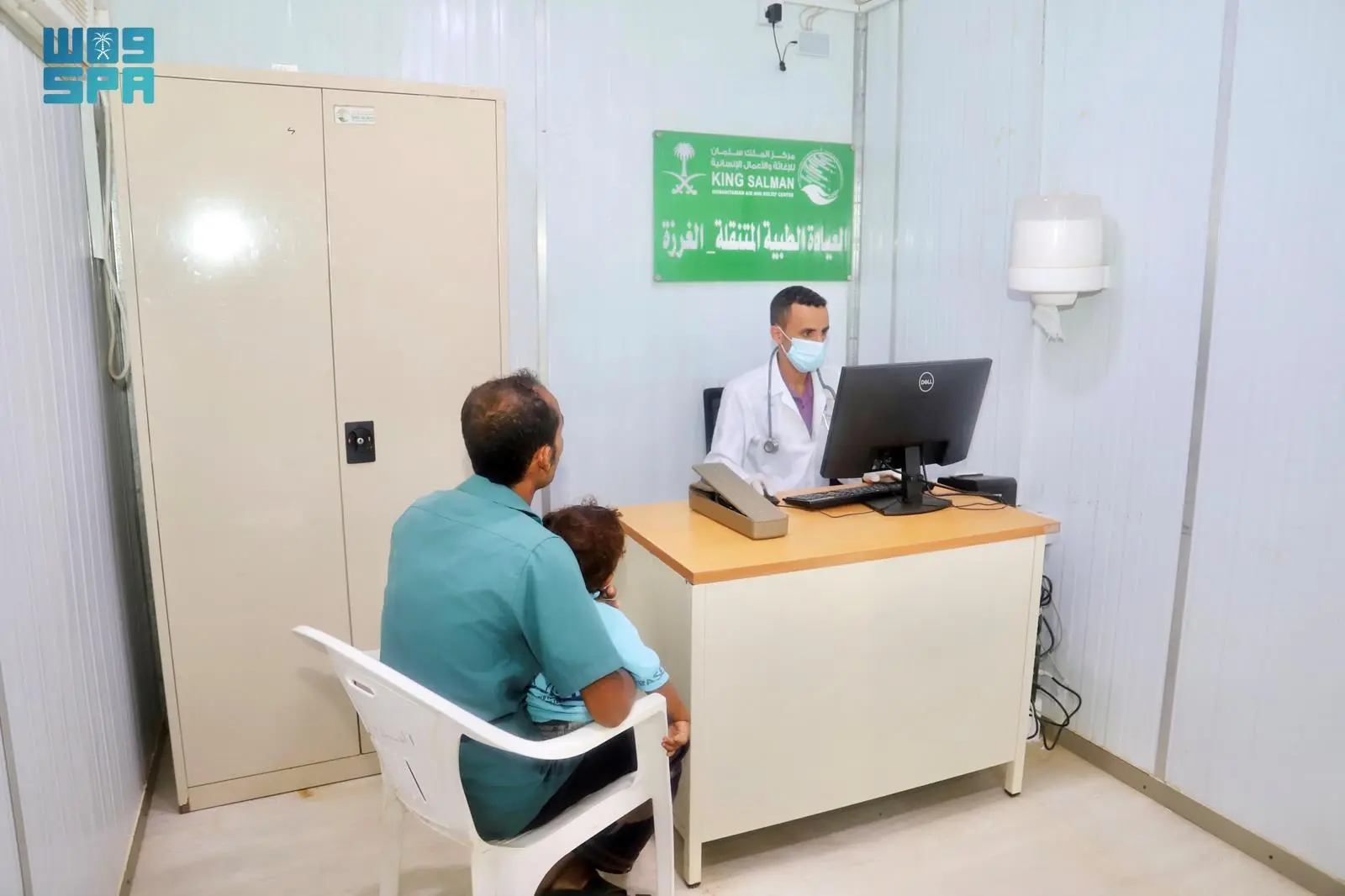
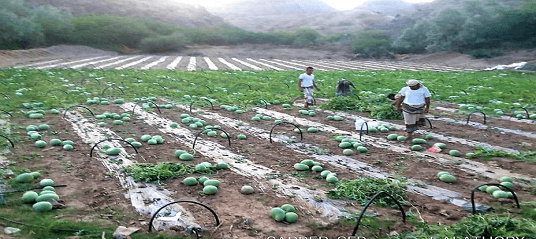
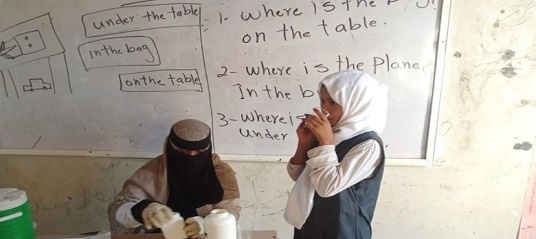
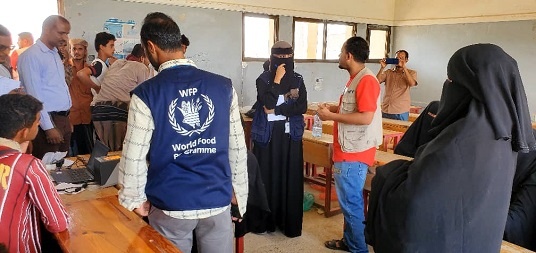
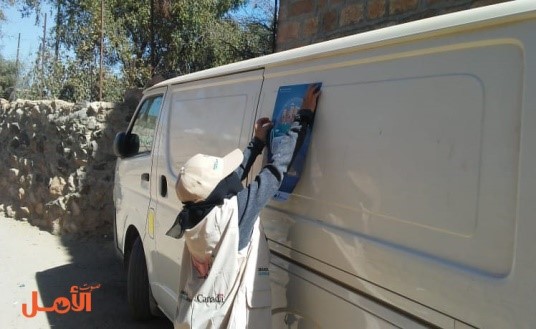
LEAVE A COMMENT